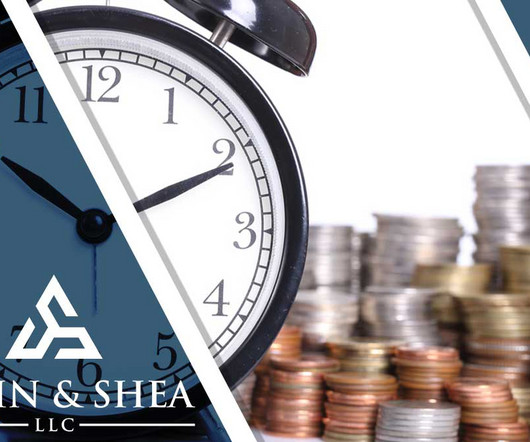Secured vs Unsecured Debt: Everything You Need to Know
Sawin & Shea
NOVEMBER 15, 2023
They may use collection agencies , or they may sue you (asking the court to garnish wages, take an asset, or put a lien on your home). One of the benefits of declaring bankruptcy is that debt collectors cannot try to collect on debts that were discharged in bankruptcy.













Let's personalize your content